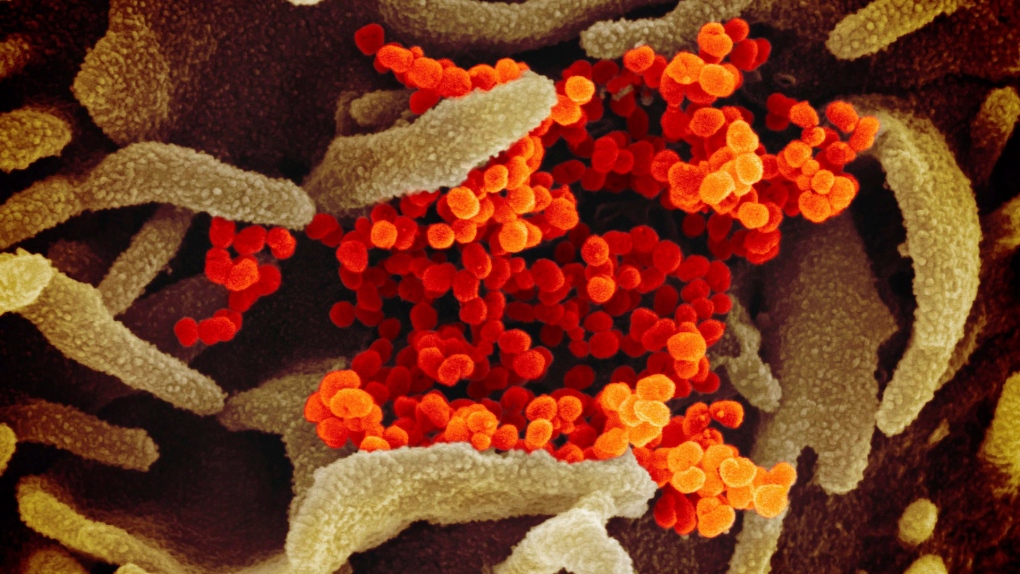Newly discovered antibodies can neutralize virtually all known variants of COVID-19 and may have the potential to prevent future coronavirus outbreaks, according to a new study.
Published in the peer-reviewed Science Advances journal Thursday, the study describes how a team of researchers was able to isolate potent neutralizing antibodies from a recovered SARS patient, who was vaccinated against COVID-19, that “exhibited remarkable breadth” against known sarbecoviruses, or respiratory viruses, like SARS and COVID-19.
The international team was led by Duke-NUS Medical School and involved scientists from the National University of Singapore, the University of Melbourne in Australia and the Fred Hutchinson Cancer Research Center in the United States.
By isolating antibodies from the COVID-19-vaccinated SARS survivor, the researchers found that the combination of prior coronavirus infection and vaccination generated an “extremely broad and powerful” antibody response — capable of stopping nearly all related coronaviruses tested.
“This work provides encouraging evidence that pan-coronavirus vaccines are possible if they can ‘educate’ the human immune system in the right way,” senior author Wang Linfa, a professor and bat virus expert with Duke-NUS’ Emerging Infectious Diseases Programme, said in a news release.
In total, the team obtained six antibodies that could neutralize multiple coronaviruses, including COVID-19, its variants Alpha, Beta, Gamma, Delta and Omicron, the original SARS virus, along with multiple other animal coronaviruses transmitted from bats and pangolins.
Co-author Chia Wan Ni, a former postdoctoral fellow in Linfa’s lab who now works with Singapore start-up CoV Biotechnology, said three antibodies stood out as “exceptionally broad and potent,” capable of neutralizing all tested SARS-related viruses “at very low concentrations.”
The researchers found that the most powerful antibody, named E7, was able to neutralize both SARS and COVID-19, animal sarbecoviruses, as well as new COVID-19 variants, such as Omicron XBB.1.16.
E7 was shown to target a region of the coronavirus’ spike protein and blocked the shape-shifting process the virus requires to infect cells and cause illness, the study notes.
“The (neutralizing) potency and breadth of the E7 antibody exceeded any other SARS-related coronavirus antibodies we’ve come across,” said Chia.
“It maintained activity against even the newest Omicron subvariants, while most other antibodies lose effectiveness.”
The study’s findings provide a foundation for designing vaccines and drugs that work against COVID-19 variants and future coronavirus threats.
“This work demonstrates that induction of broad sarbecovirus-(neutralizing) antibodies is possible—it just needs the right immunogenic sequence and method of delivery,” said Wang.
“This provides hope that the design of a universal coronavirus vaccine is achievable.”
The researchers plan to further assess the E7 antibody's potential against existing and future coronaviruses.
“This collaborative effort led by … Wang and his team expands our capability in protecting against coronavirus threats that currently threaten human health, as well as new viruses that may emerge in the future,” said Patrick Tan, senior vice-dean for research and professor at Duke-NUS Medical School.
“This underscores the pivotal role basic science research plays in advancing knowledge, with the goal of discovering new approaches to transform medicine and improve lives.”









































